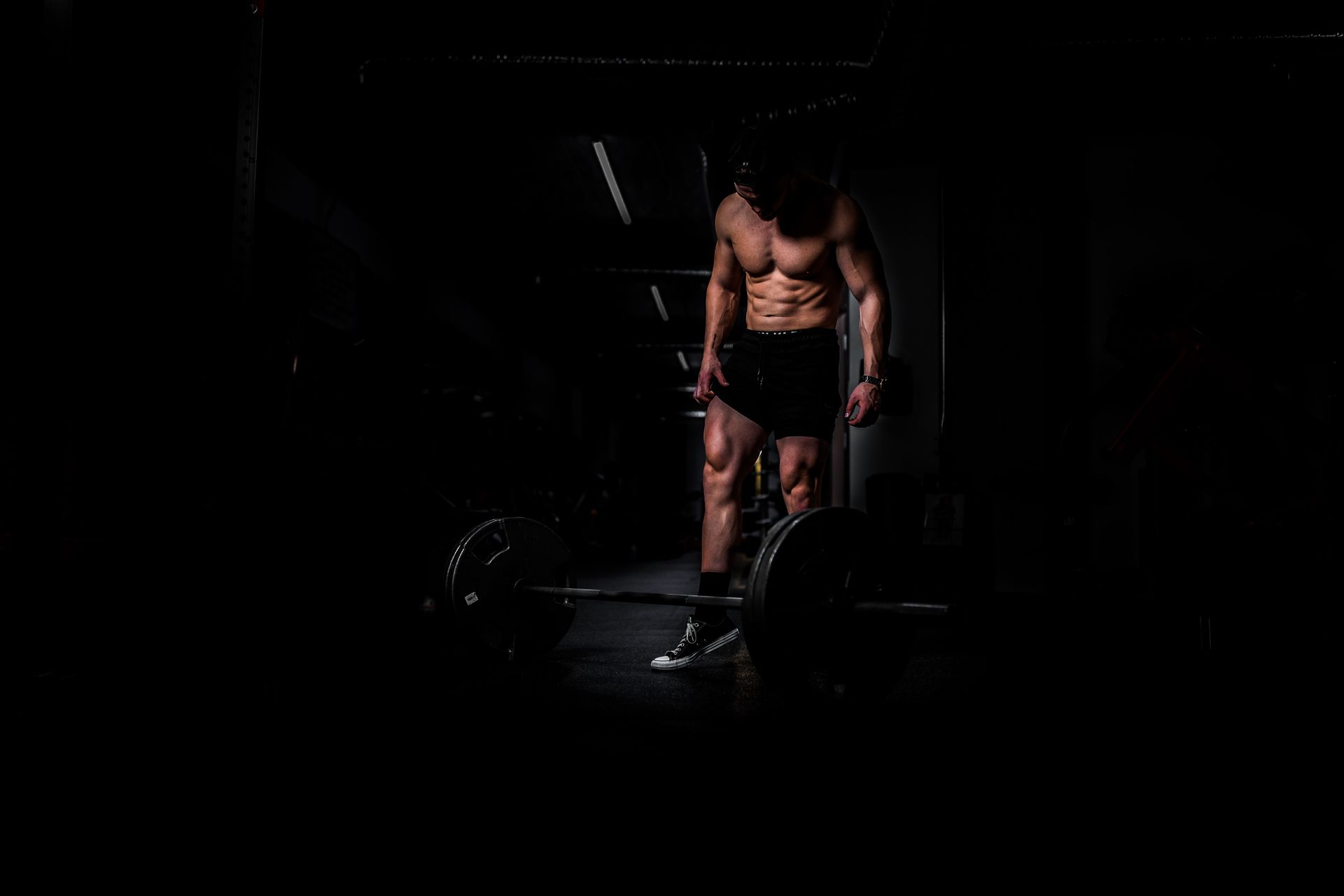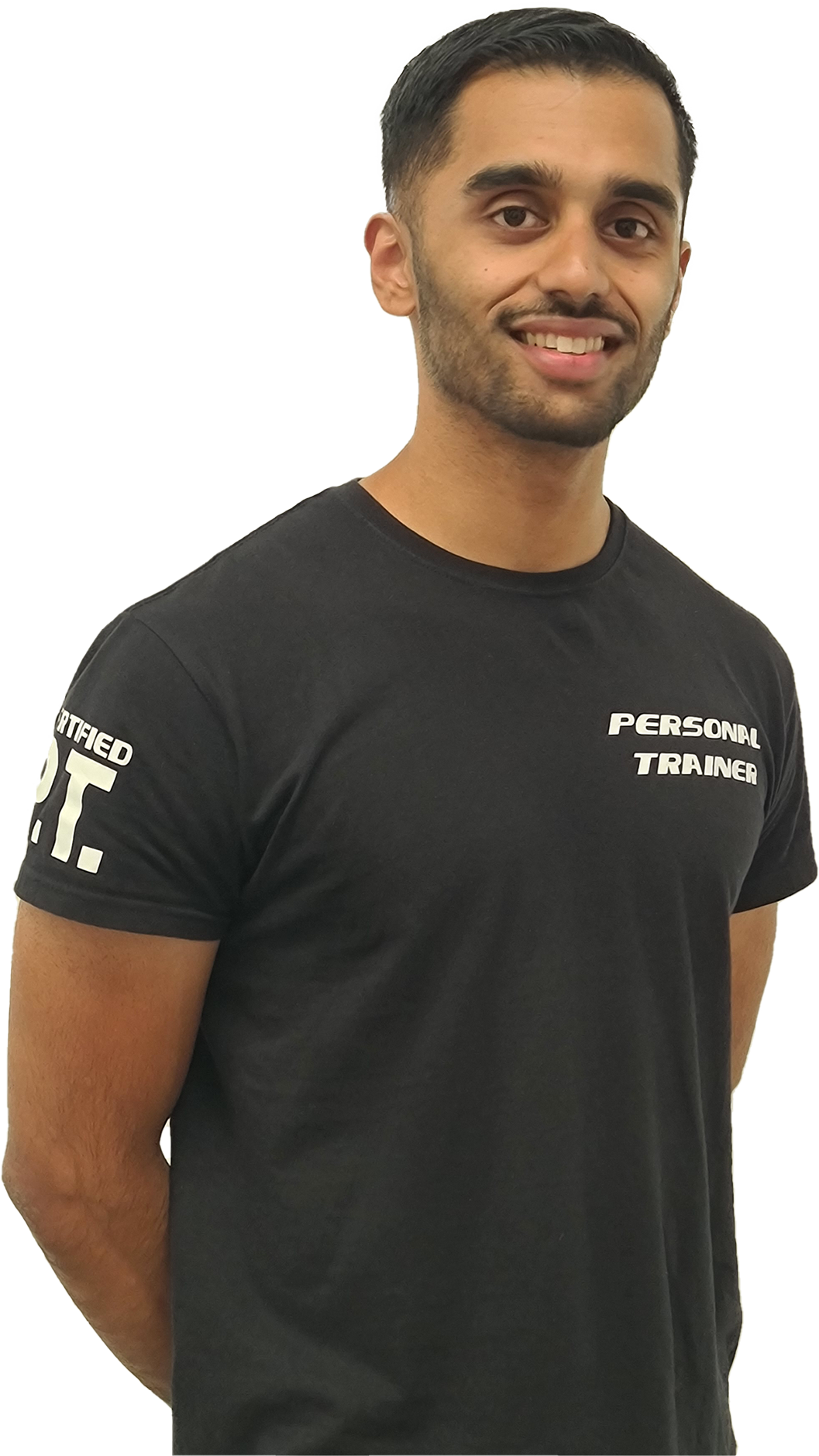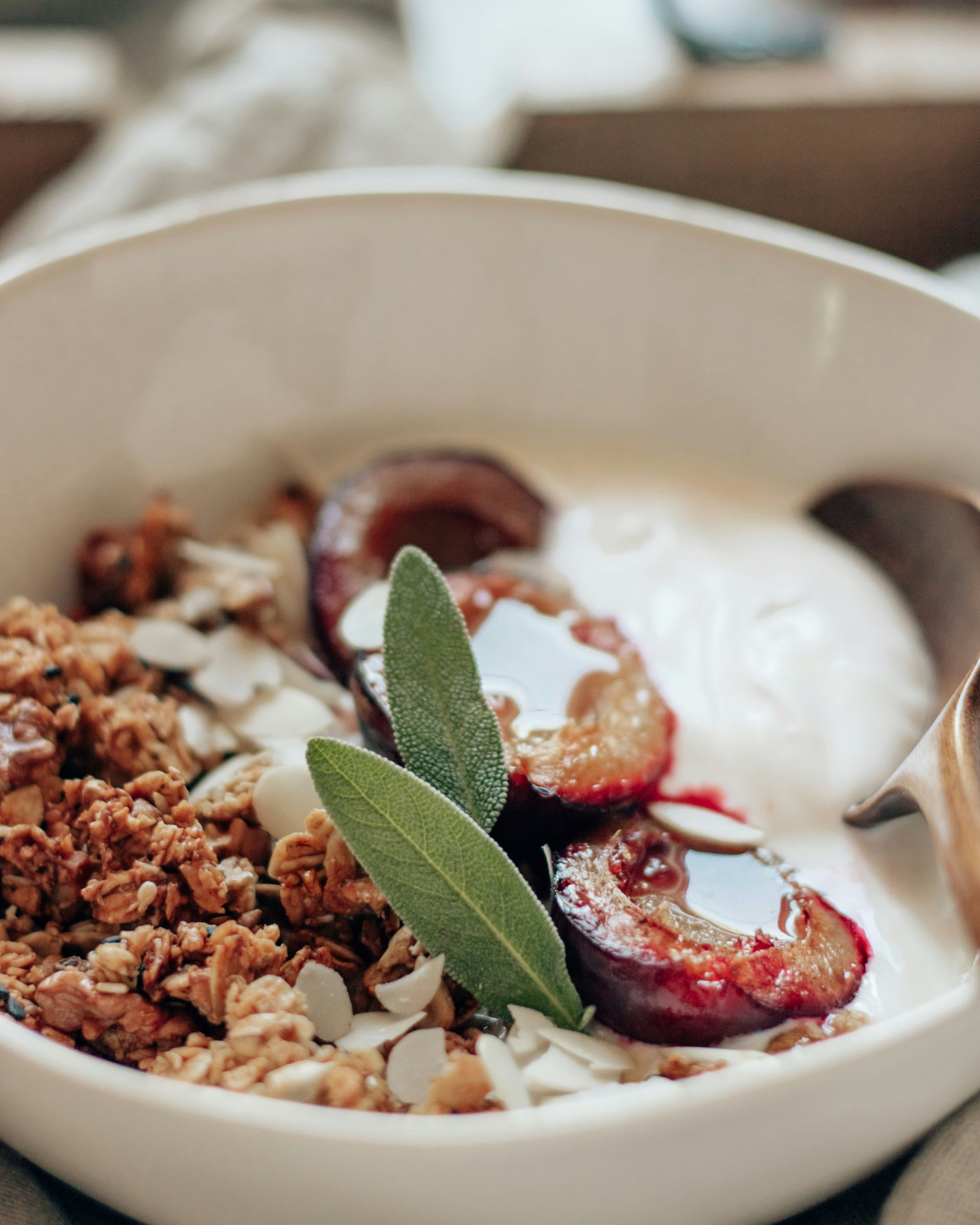
Is it Possible to Gain Muscle and Lose Fat at the Same Time? Debunking the Myth
In the realm of fitness and body transformation, one question has perplexed enthusiasts for years: can you truly gain muscle and lose weight simultaneously? This inquiry stems from the desire to achieve the best of both worlds - a lean, sculpted physique with defined muscles. While it might sound like an elusive dream, we're here to provide you with an evidence-based breakdown of whether this is possible and how to approach it.
Understanding the Conundrum
Before delving into the nitty-gritty, let's clarify the fundamental concepts involved. Gaining muscle involves a process known as hypertrophy, where muscle fibers undergo repair and growth after being subjected to resistance training. On the other hand, losing fat generally involves a reduction in body fat through a combination of caloric deficit and increased physical activity.
The Role of Nutrition
One of the key factors that dictates the feasibility of simultaneous muscle gain and fat loss is nutrition. Balanced nutrition is paramount. To achieve this, you need to focus on consuming adequate protein, which serves as the building block for muscle repair and growth. Protein intake also aids in preserving lean muscle mass during periods of calorie restriction.
Moreover, a sustainable caloric intake is essential. While a calorie deficit is necessary for weight loss, an excessively low-calorie diet could hinder muscle growth. Striking the right balance requires calculating your basal metabolic rate (BMR) and ensuring your caloric intake supports your energy needs and workouts without compromising muscle development.
Strategic Workout Routine
Crafting a workout routine that supports both objectives is pivotal. Resistance training is your ally in this journey. Incorporating compound exercises such as squats, deadlifts, bench presses, and overhead presses engages multiple muscle groups, fostering efficient muscle development.
Implementing progressive overload is crucial to stimulate muscle growth over time. Gradually increasing the weight you lift challenges your muscles and encourages adaptation. However, avoid overtraining, as it can hinder progress and lead to potential injuries.
Timing and Consistency
The timing of your nutrition and workouts also plays a pivotal role. Consuming a source of protein before and after your workouts aids in muscle recovery and synthesis. This, coupled with a consistent workout schedule, contributes to optimal muscle development.
Consistency is the bedrock of success in achieving simultaneous muscle gain and weight loss. Aim for a balanced routine that allows for adequate recovery and avoids burnout. Remember, this is a marathon, not a sprint.
Quality Sleep and Recovery
While nutrition and workouts are integral, we cannot undermine the importance of quality sleep and recovery. Sleep is the body's natural rejuvenation process, promoting hormone regulation and muscle repair. Aim for 7-9 hours of uninterrupted sleep each night to optimize your progress.
Additionally, incorporating recovery techniques such as stretching, foam rolling, and active rest days can prevent overexertion and support overall well-being.
Monitoring and Patience
The journey to simultaneous muscle gain and fat loss requires monitoring and patience. Regularly track your progress through measurements, photos, and performance improvements. It's important to note that changes may not happen overnight, but with dedication and persistence, you'll witness gradual transformations.
Debunking the Myth
In conclusion, while the idea of simultaneously gaining muscle and losing weight seems like a paradox, it's not an unattainable feat. With a well-structured nutrition plan, strategic workouts, adequate rest, and unwavering consistency, you can achieve remarkable results. It's important to set realistic expectations and understand that individual factors such as genetics and metabolism can influence the pace of progress.
For all personal training enquiries in the London area contact me here

Start Today!
Ready to transform your fitness journey? Take the first step towards achieving your goals with personal training!
My take on Health and Fitness



